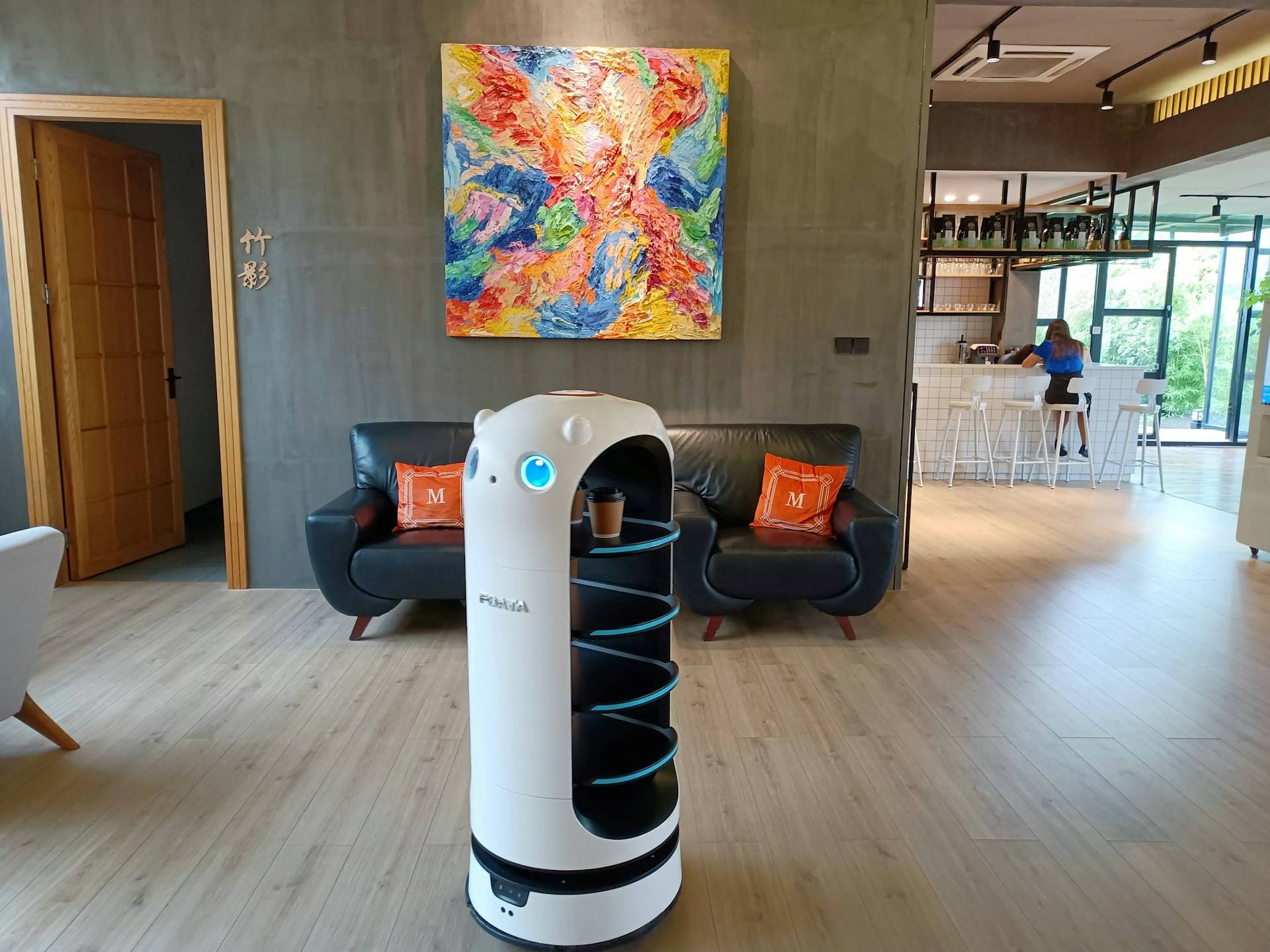As e‑commerce volumes surge, Singapore’s courier firms are embracing a hybrid delivery model, melding autonomous robots and AI chatbots to streamline last‑mile logistics and elevate customer experience. This dual approach, championed by platforms like FedEx’s Quikbot, isn’t just a futuristic novelty, it’s a response to sharply rising parcel demand and labour constraints.
Early trials in business hubs such as South Beach Tower and Mapletree Business City show the Quikbot saving couriers more than an hour each day by handling the footpath leg, leaving humans free to focus on client interactions, an efficient division of labour that boosts both speed and satisfaction. Meanwhile, AI chatbots are treating routine queries and tracking tasks, freeing up staff for more complex work.
This emerging synergy is guided by burgeoning supporting tech, from edge AI, sensor fusion and 5G connectivity to interoperable infrastructure allowing robots elevator and door access. The result is a scalable, seamless ecosystem of “agentic robotics” – robots that sense, decide and adapt autonomously within smart-city environments like Punggol and Jakarta-inspired hubs.
For logistics investors and tech stakeholders, this shift offers several strategic advantages. First, combining human empathy with robotic endurance addresses urban density and talent shortages. Second, deployment in controlled zones – offices, residential estates, campuses, minimises regulatory friction while delivering tangible ROI. Third, measurable gains – reduced labour costs, faster deliveries and lower carbon footprints – support ESG KPIs and strengthen bids for public and private infrastructure funding.
The broader appeal lies in volume scalability and adaptability: as e‑commerce grows, fleets of AI‑powered robots augmented by touchscreen or messaging bots can flexibly meet demand. Early Singapore deployments by Quikbot suggest that this blueprint could soon scale across Southeast Asia’s dense urban clusters, backed by support from logistics providers like Ninja Van and Starship in campus and municipal pilots .
In short, Singapore’s hybrid delivery innovations are charting a new paradigm in Global Tech logistics, where smart machines boost human roles, transforming courier networks into more efficient, sustainable ecosystems. The world will be watching these early experiments to see whether agentic robotics can truly scale beyond pilot zones and become a global standard.


